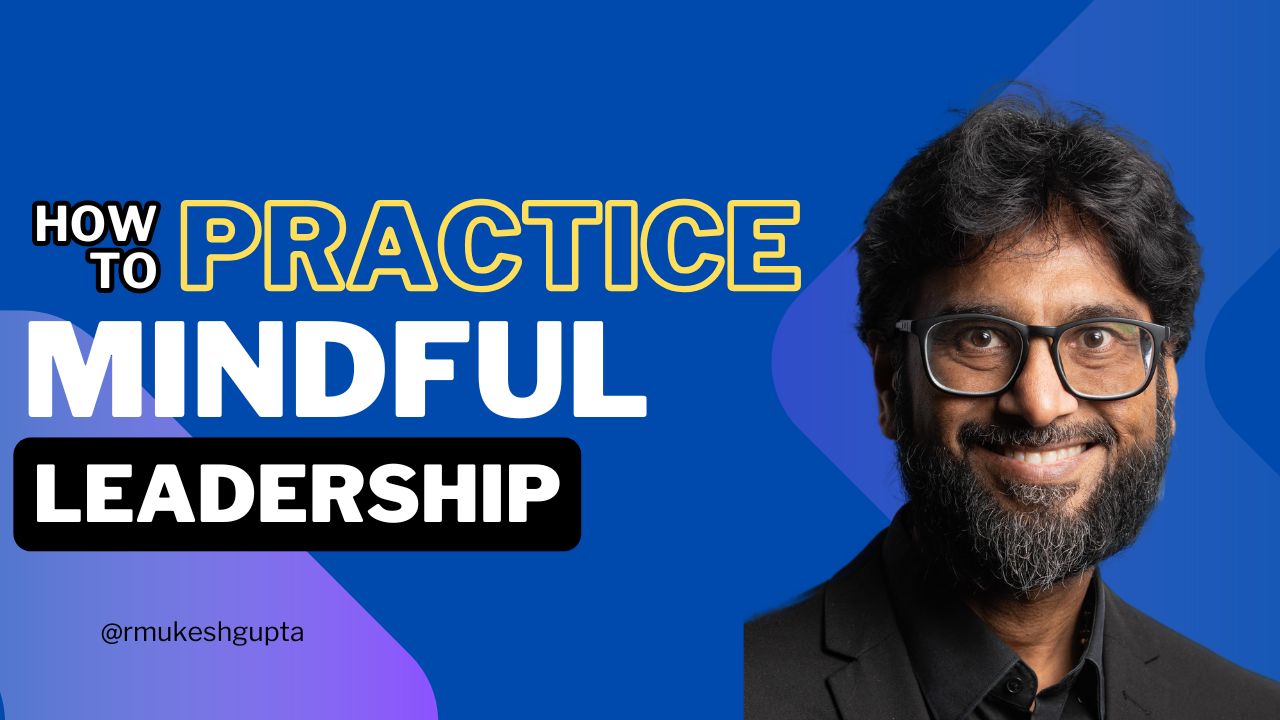
In the past few days, I have written about the importance and power of stories and how important telling stories can be for leaders. Today, let’s explore why stories work. What is it about stories that make them such great transport for ideas and help shift states.
For us to understand why stories work, we need to first understand how our brain works. There are two important properties of brain that are relevant for us in understanding why stories work.
Brains are pattern matching machines
Every single waking moment, our brains get a deluge of information that it needs to make sense of. The primary goal is to keep us alive so we can pass on our genes.
Brains are perpetual prediction engines
The pattern that the brain is using to match with the deluge of information it gets is something it generates or predicts, depending on the context we are in. Say, if we are at home, it predicts and creates a pattern of what to expect.
How these work together?
Depending on the context, our brain predicts what it will find. Once the prediction is done, the brain looks for information that contradicts this prediction.
As long as there is no contradiction, it relaxes and allows for other functions to take over. If there is a contradiction, it immediately focuses on it to figure out what that means for our survival and continues to do so until it is certain that we will be ok, just like the security at an airport checks for threats.
Impact of stories:
What stories do really well is that they make it simple and easier to generate the predicted pattern, thereby lowering the guard. Once that happens, we get the attention of another important function of the brain, emotional regulation.
This allows us to put ourselves within the story and feel the emotions that are part of the story. And once we are part of the story, it already has done its job, if the story has been crafted well, with a clear intention.
Conclusion:
In conclusion, stories make our brains work easier and at the same time help us access the emotional part of the brain faster. This is why good stories work. And, a master storyteller knows and understands when to match the pattern we are helping create and when to break it.
As leaders, I think this is one skill that we need to learn and continue to get better at. This is one of those investments that continues to pay dividends long into the future.


